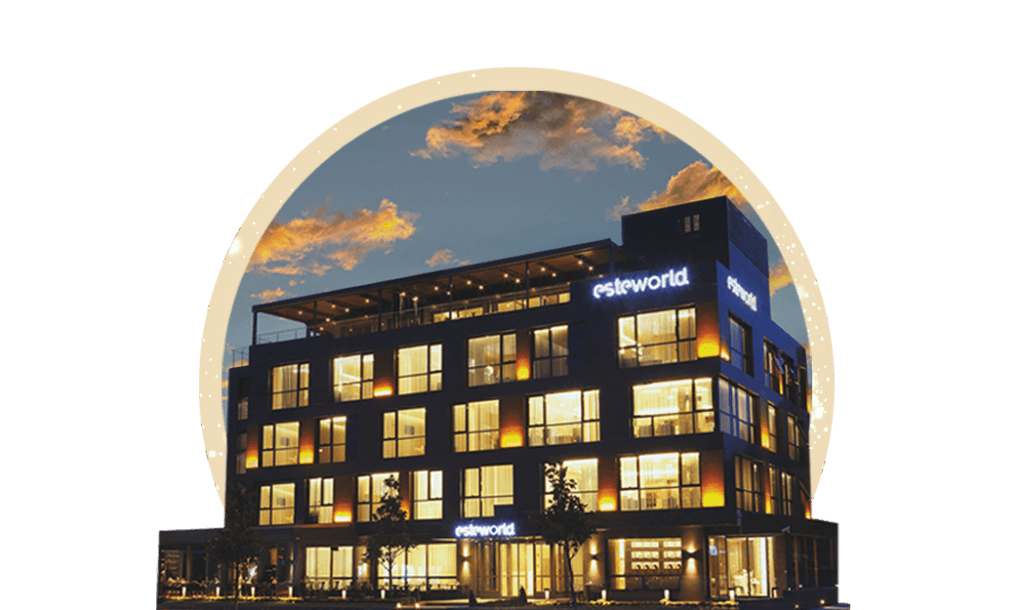What are the Psychological Effects of Hair Loss?
Many scientific studies have been conducted on the psychological effects of hair loss and it has been found that this annoying condition affects 8 out of 10 people. There may be more than one reason behind hair loss and it is important to investigate these reasons in detail. Research on psychological effects shows that the psychology of individuals with hair loss is negatively affected. This is normal because hair is an important element that attracts attention in appearance and gives clues about a person’s character, posture and personality. Lack of self-confidence has been observed in individuals who cannot cope with hair loss, regardless of age. With hair loss, a person may feel ugly, feel excluded from society and withdraw into themselves. Unfortunately, the number of people experiencing this situation today is quite high. Managing stress effectively can be a solution to minimize hair loss.
Lack of self-confidence due to hair loss
Hair loss can cause a significant loss of self-confidence in individuals, and this effect can be even more pronounced, especially in the age range. This is particularly evident during childhood and adolescence. When hair loss, which is common in young people trying to cope with exam stress, leads to baldness or localized thinning, young people may try to hide this condition from their peers. This can cause them to become withdrawn and avoid social situations. Not only in young people, but also in adults, hair loss can lead to a lack of self-confidence, especially by negatively affecting their work life. As research has shown, men and women are at risk of serious negative effects on their professional lives due to hair loss. For a person in a managerial position, the fear of not being taken seriously or the fear of being “ostracized” can unfortunately lead to a great loss of self-confidence.













